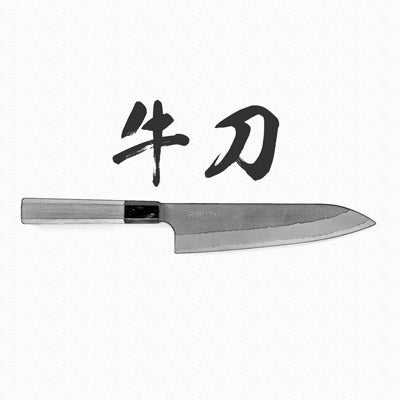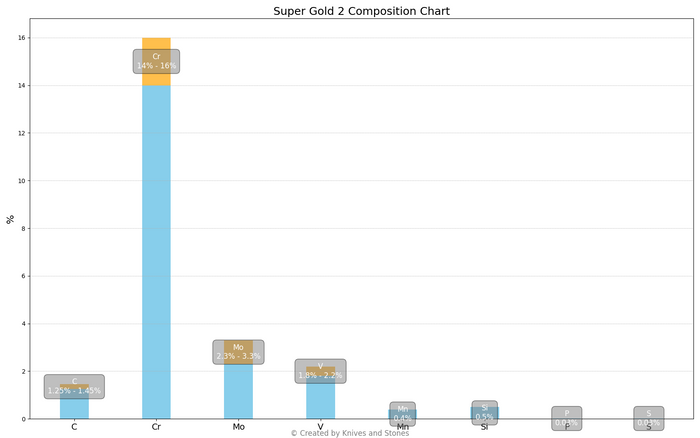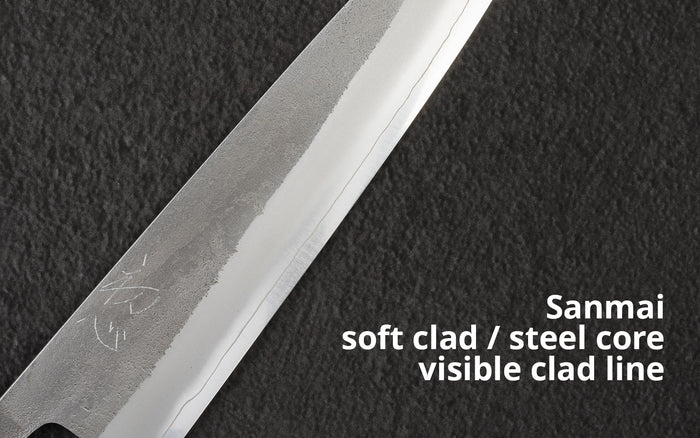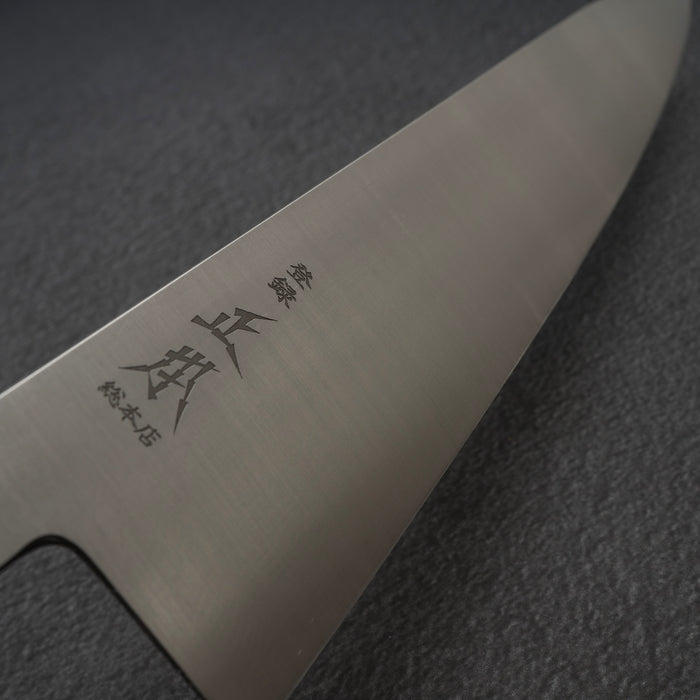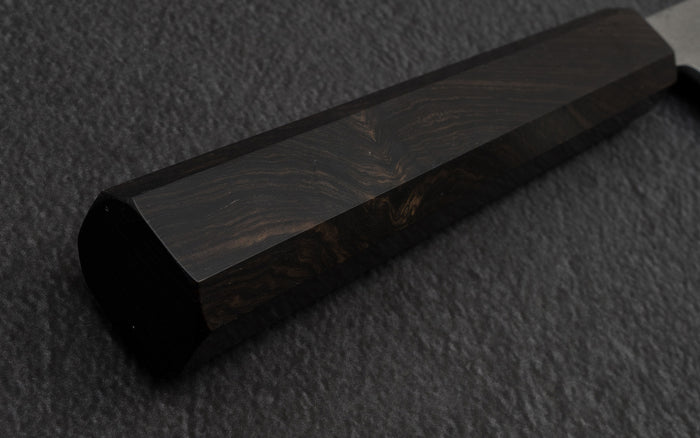Sukenari | SKU:
SUKEN_SG2_GY240SM_EB
Sukenari SG2 Hairline Gyuto 240mm Ebony
Regular price
$499.95
Unit price
/
Unavailable
Sukenari SG2 Hairline Gyuto 240mm Ebony is backordered and will ship as soon as it is back in stock.
Couldn't load pickup availability
Detailed Specifications
| Line | Sukenari SG2 Sanmai Double Bevel |
| Profile | Gyuto / Chefs Knife |
| Bevel Type | Double Bevel |
| Weight | 195 g | 6.9 oz |
| Edge Length | 230 mm | 9 1/16″ |
| Heel Height | 50 mm | 1 31/32″ |
| Width @ Spine | 2.5 mm | 3/32″ |
| Width @ Mid | 2.4 mm | 3/32″ |
| Width @ 1cm from Tip | 1.0 mm | 3/64″ |
| Steel | SG2 / R2 | Powdered | Stainless |
| Blade Construction | Sanmai - Stainless Clad |
| Hardness (HRC) | 62 - 64 |
| Surface Finish | Migaki |
| Handle | Octagonal Ebony |
| Region | Toyama |
| Best for |
|
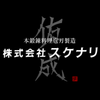
| Pros | Cons |
|
|
|
Care Instruction
- Don't cut hard things! Japanese knives are brittle so bone hacking is a NO NO!
- Wash with neutral detergent after use, and wipe dry;
- Please don't wash knife with dishwasher, it will damage the wood handle;
- Be careful not to leave the knife close to a heat source for a long time;
- It is a lot more dangerous to cut with a blunt knife than a sharp knife!
- It is best to sharpen a Japanese knife regularly on a waterstone.


















